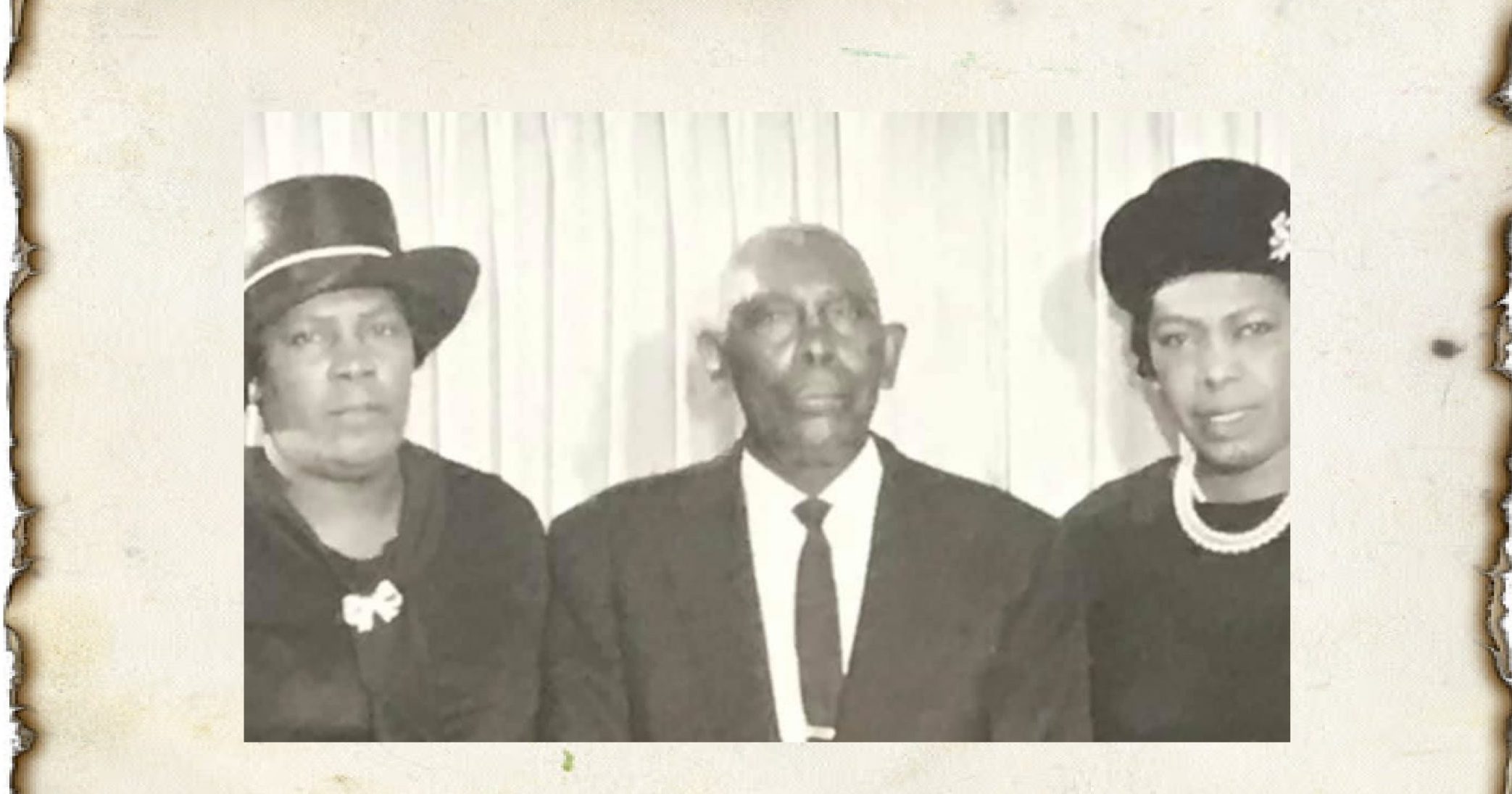Tracie D. Hall
Saber hablarle al fuego
22 June, 2020
En la última semana he pensado mucho en mi bisabuelo Joseph, a quien solamente vi en una ocasión, cuando él tenía 101 años de edad y yo unos cinco.
Hace un par de años en una reunión familiar algunos de mis parientes mayores lo recordaban y una me dijo, “Tú sabes, Papá Joe podía hablar con el fuego”. Los demás asintieron con la cabeza.
“¿Que hablaba con el fuego?”, dije.
“Sí”. Mi tía abuela siguió con el relato, “Tú sabes que en ese entonces, no había hospital allá en Luisiana que atendiera a los negros, por lo que si alguien sufría quemaduras graves, llamaban a Papá Joe y él venía y le hablaba al fuego y se lo sacaba del cuerpo a la persona.
“¿Y eso cómo lo hacía?”, pregunté.
“Bueno”, dijo mi tía abuela, “hablaba con la persona que había sufrido las quemaduras y le preguntaba cómo se sentía. Si la persona sentía ira por la quemadura y quería gritar, les decía, ‘Adelante, grita’. Si le dolía tanto que lo que quería era llorar, le decía, ‘Adelante, llora’.
Después de que habían gritado o llorado, Papa Joe comenzaba a hablar con la parte del cuerpo donde estaba la quemadura y le hablaba al fuego para sacarlo de allí.
A veces hablaba con el fuego tan quedito que no se le podía escuchar, y a veces le hablaba con fuerza, directamente. Y le decía al fuego que se fuera, y que dejara libre a la piel. Y le decía a la quemadura que ya no tenía que aferrarse al fuego si no era necesario, y que ya era hora de comenzar a sanar.
¿Y sabes qué? A veces la gente se aferraba al fuego y ya la piel nunca les quedaba bien.
Pero cuando lograban que la piel dejara ir al fuego, algunos sanaban tan bien que no se podía ver donde había habido quemaduras”.
__________________
He reflexionado sobre la facultad de hablar con el fuego y cómo aplicar esta lección a la reconciliación del racismo de este país:
— No se puede comenzar a sanar hasta que a los que han sufrido la herida se les permita gritar o llorar.
— No se puede calmar la quemazón hasta que se le hable al fuego directamente.
_____________________________
Tracie D. Hall es gestora cultural y directora ejecutiva de la American Library Association
Imagen: Papa Joseph Sanders entre dos de sus hijas, cortesía de Tracie D. Hall
Traducción de Catalina María Johnson

Firetalker
This past week I’ve been thinking a lot about my great-grandfather Joseph who I met only once when he was 101 and I was about 5.
A few years ago at a family reunion some older relatives were recalling him when one told me, ‘You know Papa Joe was a firetalker.’ The others nodded in agreement.
A firetalker? I asked.
‘Yes’, my great-cousin continued. ‘You know back then wouldn’t no hospitals round there in Louisiana take Black people.’
‘So if people got burned real bad they’d call for Papa Joe and he’d come and talk the fire out of them.’
How’d he do that? I wanted to know.
‘Well’, my great-cousin said, ‘he’d talk to the person who got burned and ask them how they felt. If they were mad at being burned and wanted to scream he’d tell them to go ‘head and scream’.
‘If it hurt so much they wanted to cry, he’d tell them go on ‘head and cry.’
‘And then after they’d hollered and cried, he’d start talking to the place they were burned and he’d talk the fire out of that place.’
‘Sometimes he’d talk to the fire so low you couldn’t hear and sometimes he’d talk clear and plain.’
‘He would tell the fire to go on and release the skin. And he’d tell the burn that it didn’t have to hold on to the fire anymore if it didn’t need to, and that it was time to heal’.
‘And you know what, some times people would hold on to the fire and their skin wouldn’t ever get right again’.
‘But when their skin could let the fire go, some people would heal so that you couldn’t tell where they’d been burned.’
__________________
I’m thinking about firetalking 101 and how it applies to reconciling racism in this country:
– you can’t begin the healing unless the injured is allowed to scream or cry.
– you can’t sooth the burn unless you address the fire.
__________________________________________________________________
Tracie D. Hall is a culture worker and the Executive Director of the American Library Association.
Image: Papa Joseph Sanders between two of his daughters, courtesy of Tracie D. Hall
Translation by Catalina María Johnson

